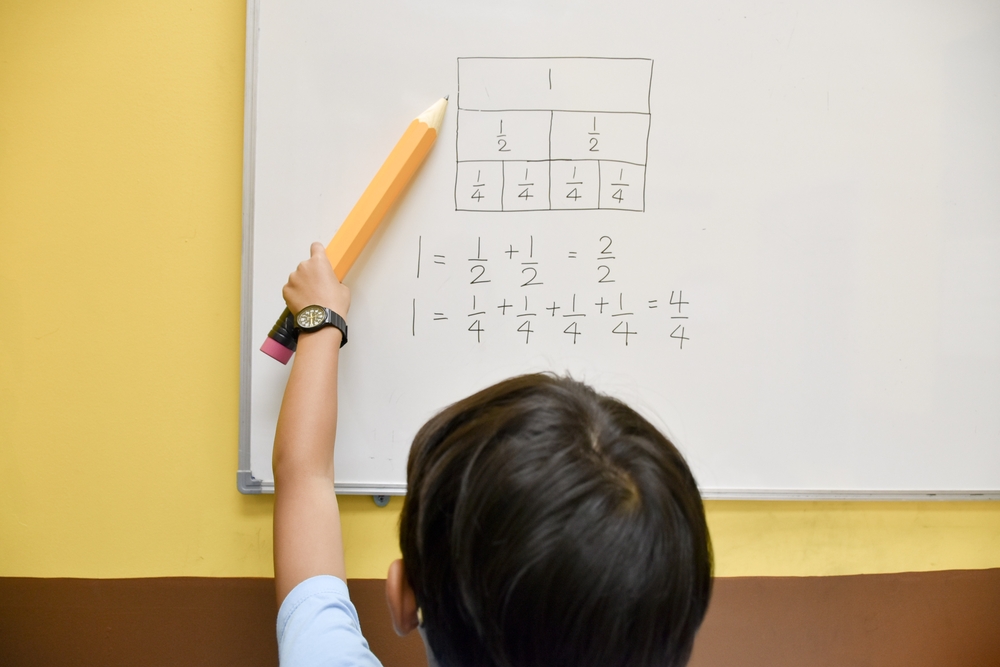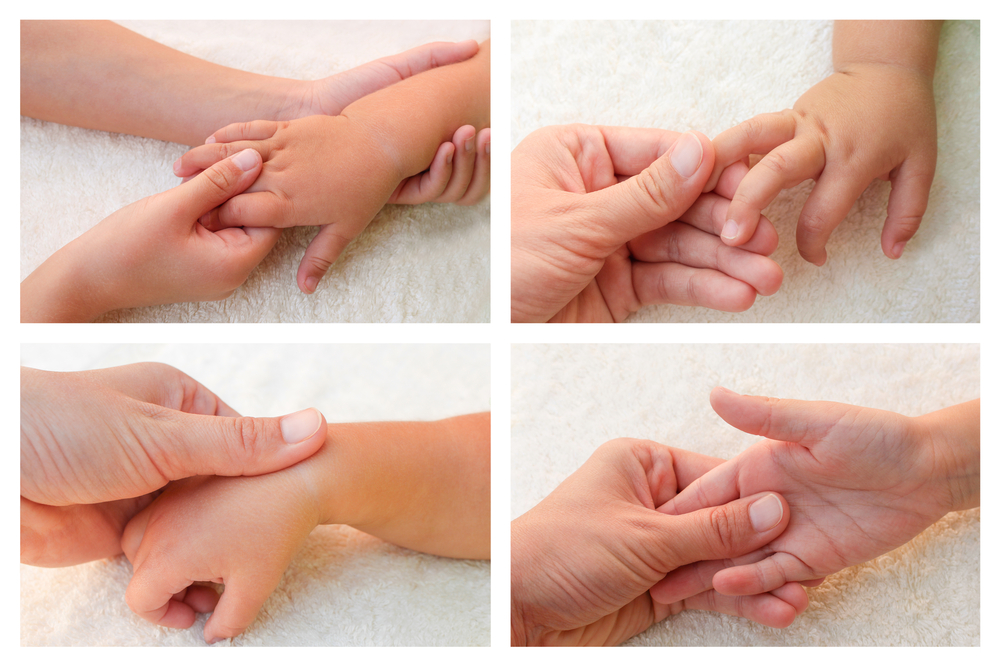K-2.Engineering Design worksheets for Kindergarten
8 filtered results
-
From - To
Explore our engaging K-2 Engineering Design worksheets designed specifically for Kindergarten learners! These thoughtfully crafted worksheets introduce young minds to the principles of engineering through fun and interactive activities. Children will enhance their problem-solving skills as they embrace the design process, from brainstorming ideas to modeling and testing solutions. Each worksheet aligns with NGSS standards, ensuring that students develop foundational skills in science and engineering while fostering creativity and critical thinking. Perfect for classroom use or at-home learning, our resources inspire curiosity and innovation in every child. Start your budding engineer's journey today with our captivating worksheets!
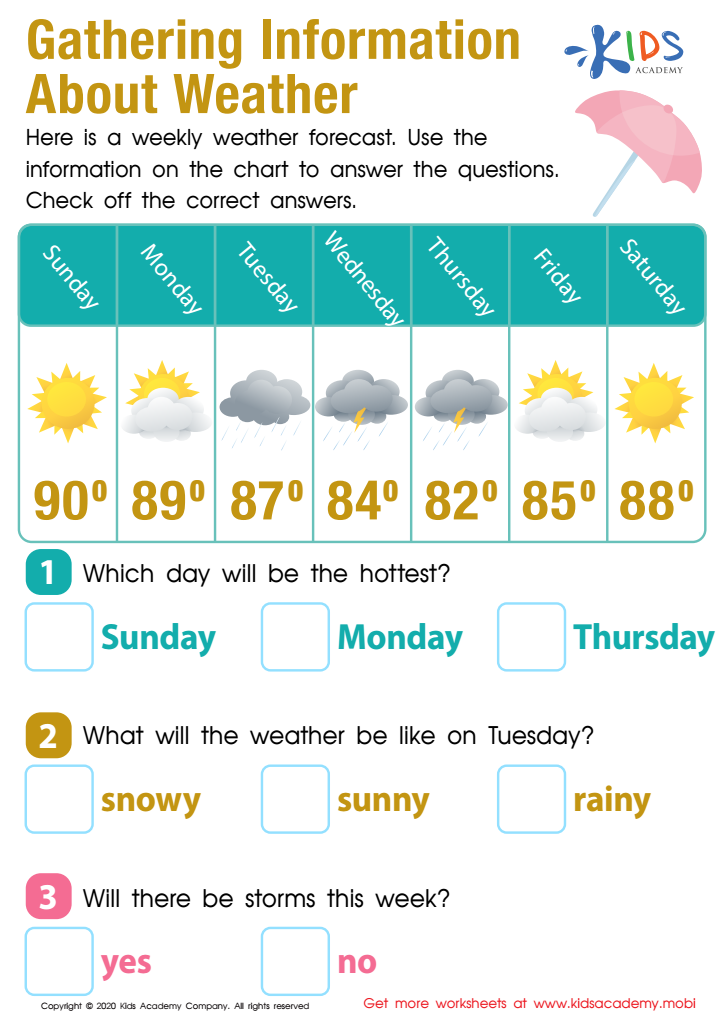

Gathering Information About the Weather Worksheet
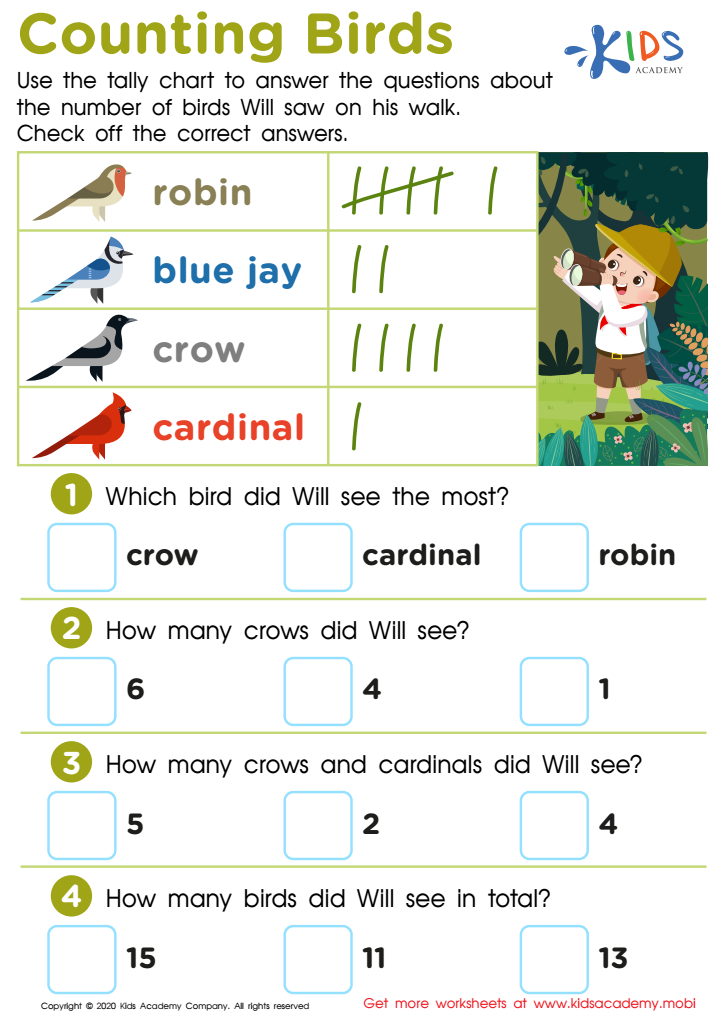

Counting Birds Worksheet
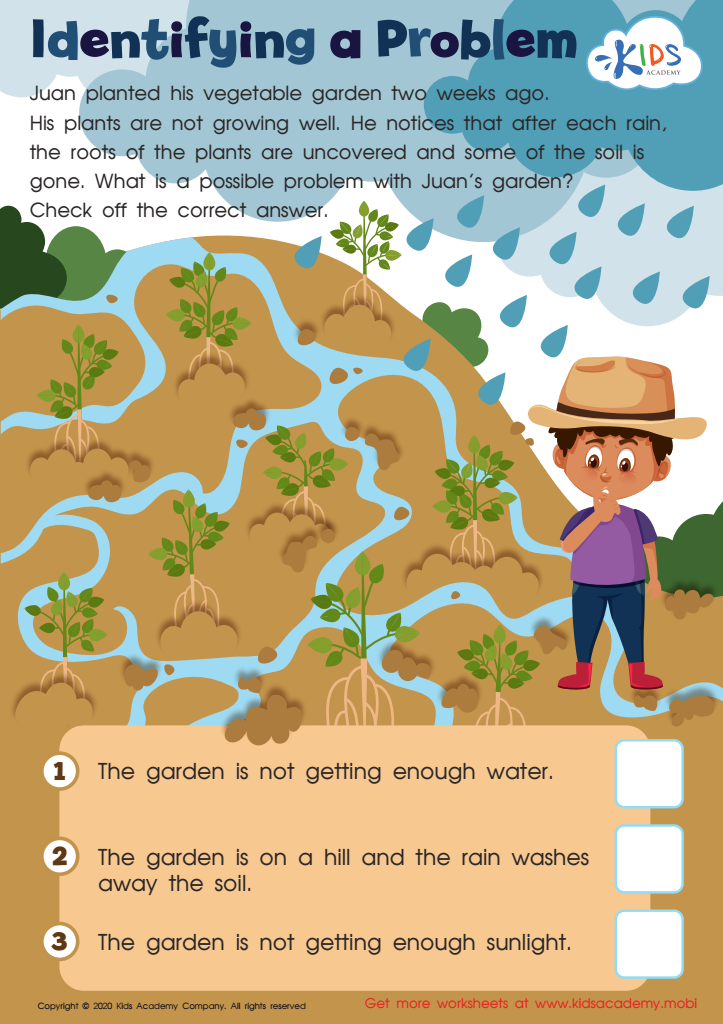

Identifying a Problem Worksheet
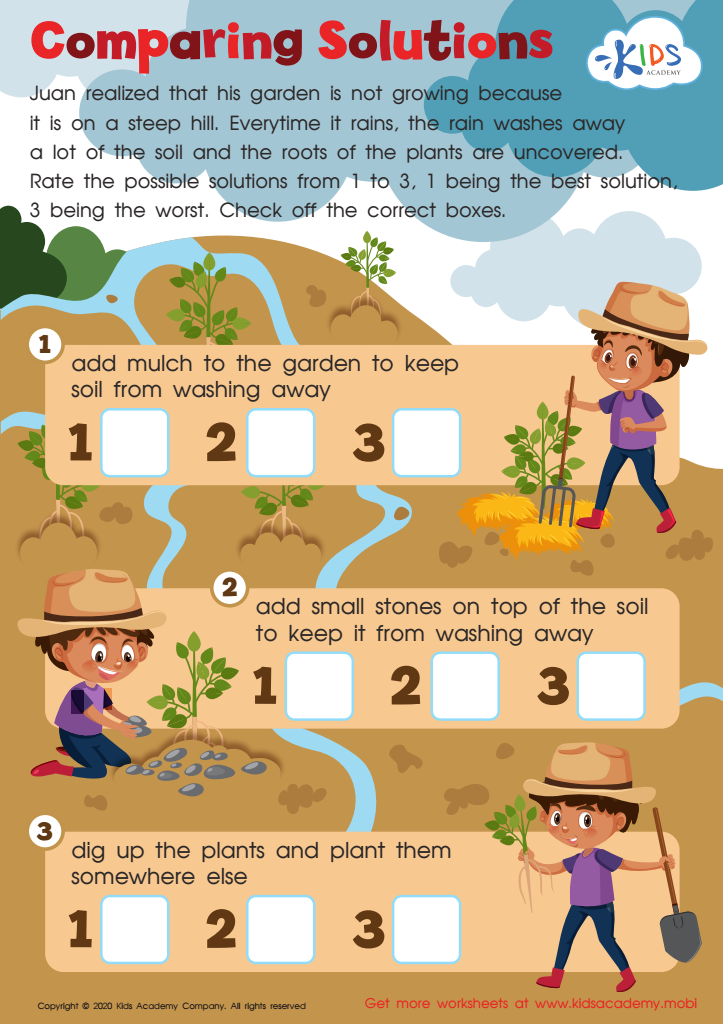

Comparing Solutions Worksheet
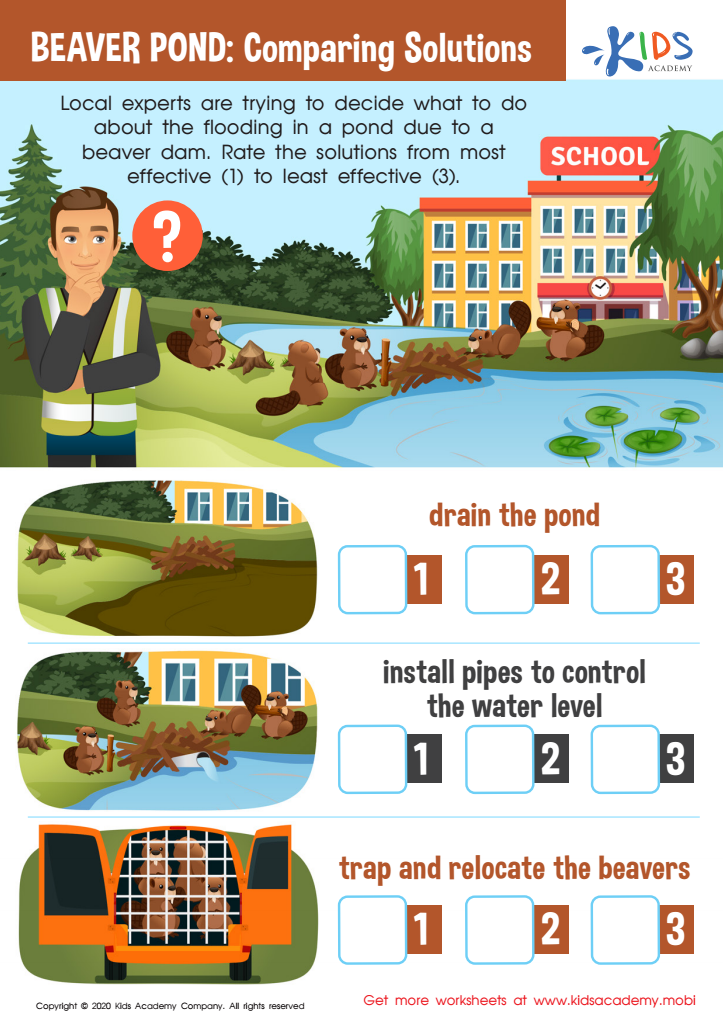

Beaver Pond: Comparing Solutions Worksheet
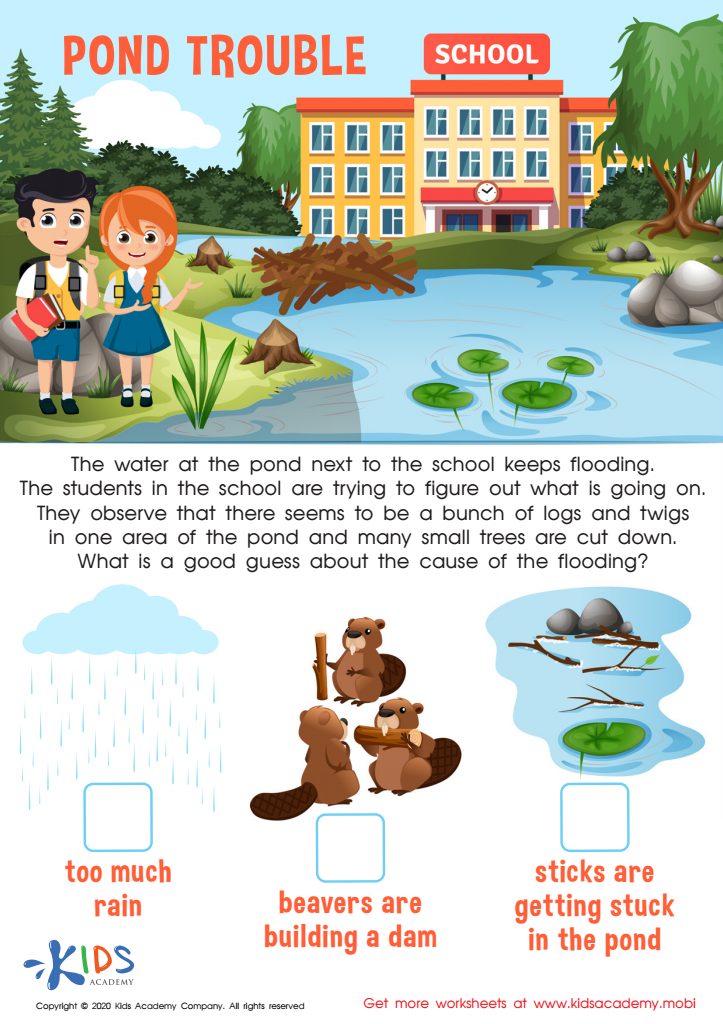

Pond Trouble Worksheet
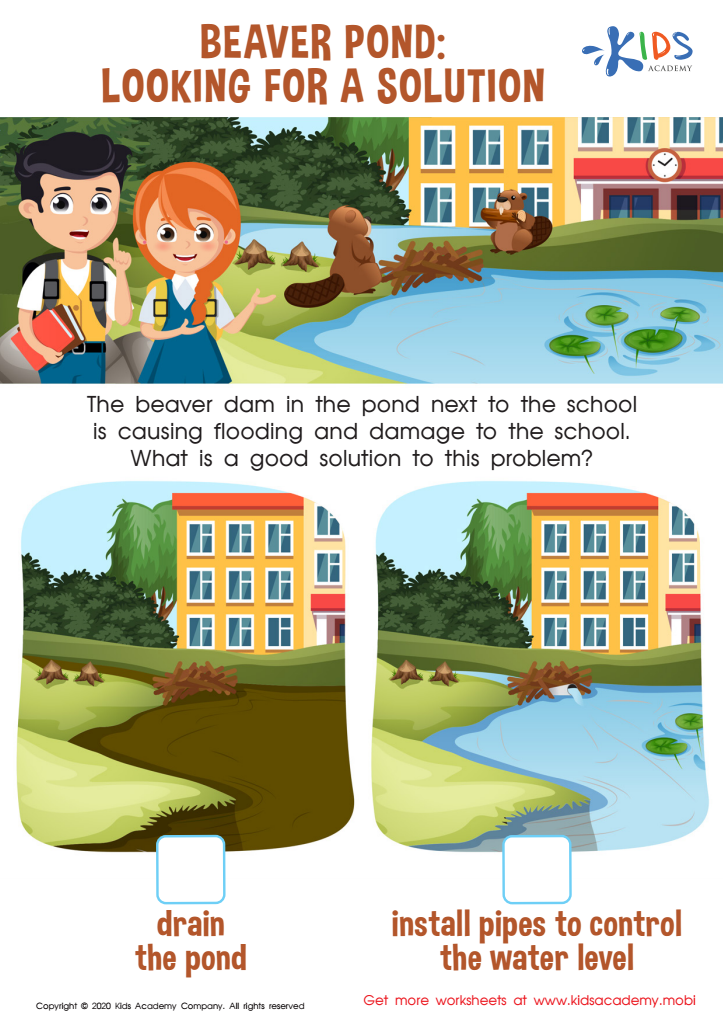

Beaver Pond: Looking for a Solution Worksheet
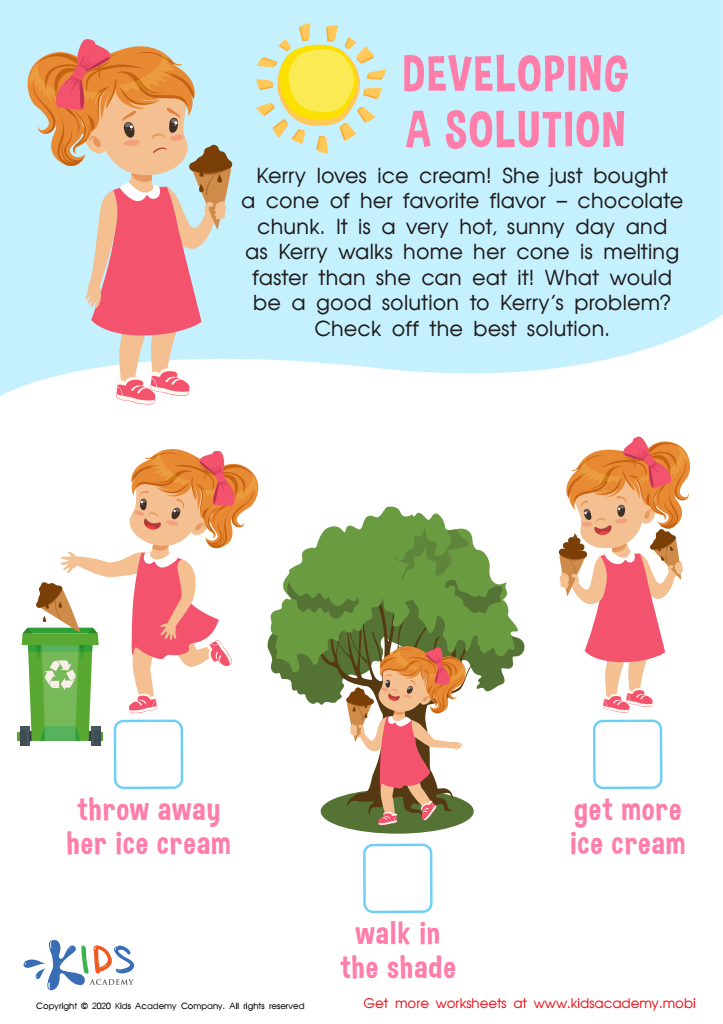

Developing Solution Worksheet
Parents and teachers should prioritize K-2 Engineering Design in Kindergarten because it fosters critical skills essential for children’s development. This foundational approach encourages creativity, problem-solving, and collaborative work, helping young learners engage with key concepts across various subjects. Introducing engineering principles early cultivates curiosity and a willingness to experiment, empowering children to think critically and resourcefully.
Engineering Design involves brainstorming solutions, building prototypes, testing ideas, and refining results. This hands-on process nurtures a growth mindset, teaching students to view challenges as opportunities to learn. Moreover, the integration of engineering design enhances STEM education, crucial for preparing children for an increasingly technology-driven world.
Engaging in engineering activities also helps develop fine motor skills, spatial awareness, and the ability to communicate ideas—a vital part of early education. Encouraging exploration through design enables children to connect academic concepts with real-world applications.
Ultimately, K-2 Engineering Design promotes a love of learning, essential for lifelong success. By supporting this approach, parents and teachers help cultivate an innovative generation ready to tackle complex problems and adapt to a rapidly evolving future. Embracing this essential component of early education nurtures balanced and well-rounded individuals.
 Assign to My Students
Assign to My Students


